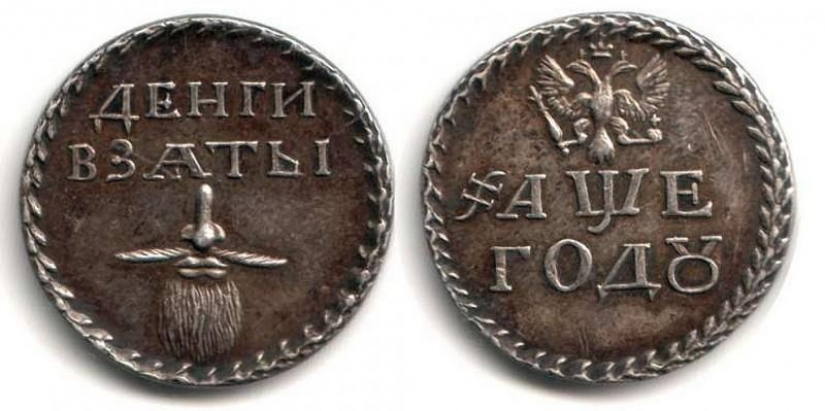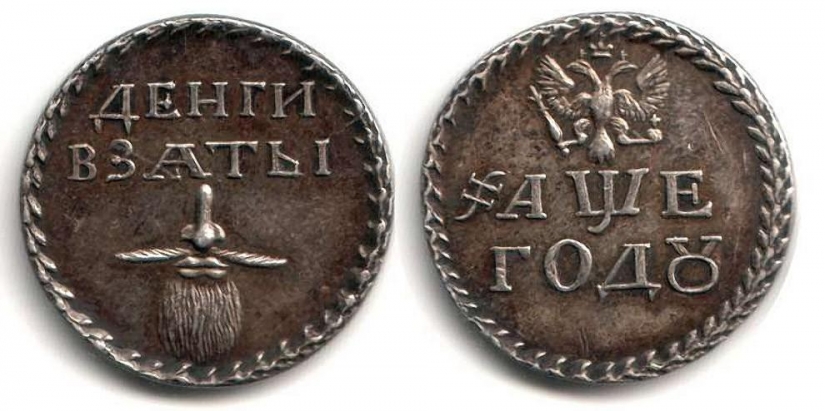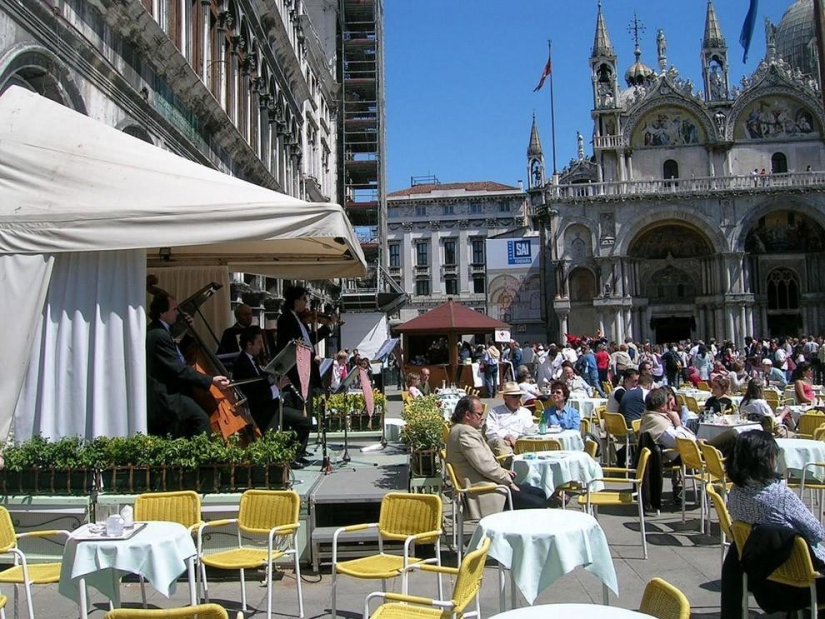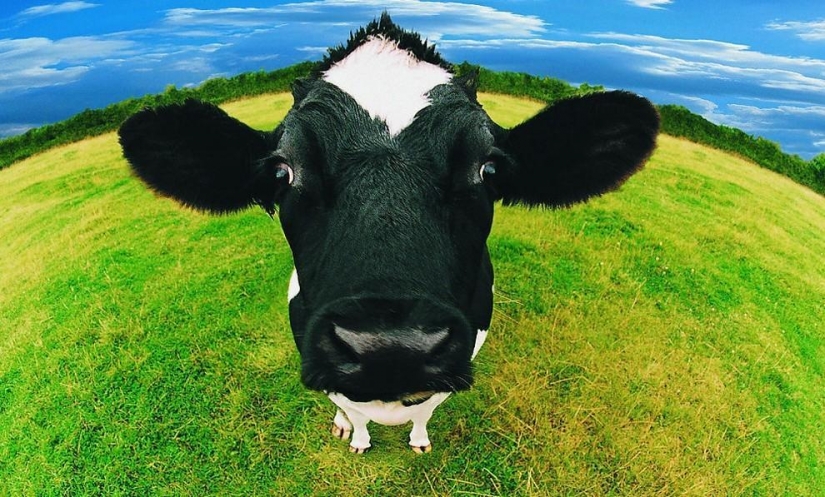The most absurd taxes in the world
Categories: History
By Pictolic https://pictolic.com/article/the-most-absurd-taxes-in-the-world.htmlDid you know that the famous Latin expression "money does not smell" spoken by the Roman Emperor Vespasian, is directly related to taxes? Or rather, to a tax on public toilets, introduced to quickly replenish the state Treasury after the last civil war. Which only taxes imposed sometimes wise and sometimes just greedy rulers, not seen the story. Remember the most vivid examples of the absurd taxes of different countries, from the middle ages to the present day.


1. The tax on life – just a dream tax authorities of all countries to implement in the XIV century in England. To replenish the state Treasury was obliged every man only for the fact that he was alive. However, such a brilliant idea failed miserably – a Grand rebellion quickly put an end to tax lawlessness.

2. In 1689 Peter the great imposed a tax on beards. I must say, he approached this very thoroughly. Servants, merchants, officials – every single category of citizens had a certain tax rate. Paying for mismatch "fashion", you can leave precious beard. Those who do not have the money to pay the tax were sent to prison, so they practiced their penalty.

3. Tax ears in Tibet was temporarily introduced in the 1920-ies for military needs. Although the existence of this tax is mentioned repeatedly in various sources, more detailed information about it quite contradictory. So, according to Chinese researchers, households paid one Liang of silver from each ear of a person or pet. Western researchers reported that people who do not pay tax on the ears, punished – cutting off ears. And for the already cut off the ears of the tax is not paid.

4. In the early twentieth century in the Altai region there was a tax on rinsing of the Laundry in the hole - was levied for this 20 cents over the winter. Also took 2 pennies for every trip on the water with a yoke.

5. The window tax operated in the kingdoms of England and Scotland during the 17th and 18th centuries. It was another attempt to fill the coffers that caused the total abandonment of the Windows of the poor people – they were forced to lay window openings with bricks. And more wealthy Britons, not wanting to spoil the appearance of their houses, missing Windows on them just finish. The tax lasted surprisingly long and was repealed on 24 July 1851.

6. Not so long ago, in 1993, in Venice, was a tax on the shadow. Now all owners of institutions, awnings and canopies which cast a shadow on urban land, have to pay a fee to the state Treasury.

7. 1784 in 1811 in the UK safely there was a tax on hats, brings a good income to the state. Because in this country every self-respecting gentleman wore a hat. On hats during production applied special signs indicating the payment of tax. With the tailors did not pay taxes were levied heavy fines. But those who forged the tax signs were executed.

8. In XVI (in some versions – in the XVIII) century in the German city of württemberg has imposed a tax on sparrows. It was believed that birds interfere the population to live in peace. From the owner of each house is required to destroy a dozen sparrows, for which he received 6 kreizerov. If the person could not provide the required number of unfortunate birds, he had to pay the government twice as much. This tax was the beginning of a clandestine trade dead sparrows, which, I suppose, in those days flourished.

9. Tax cowardice (also known as the tax for exemption from military service) was a special tax, which taxed people who did not want to fight for the king, which was considered cowardice. This tax was introduced in England during the reign of king Henry I (years 1100-1135) and was initially relatively low, but king John (John) Landless raised it to 300 percent and began to remove it from all of the knights even in the years when there were no wars. It played a role in the emergence of Magna Carta. A tax on cowardice existed for about 300 years and then was replaced by other ways of replenishing the Treasury at the expense of the troops.

10. A worthy conclusion of our list will be the agricultural tax on farting cows, which was introduced in New Zealand in 2003, to reach agreement with the Kyoto Protocol. The tax was going to tax the production of methane by cows, which in New Zealand produce more than 50% of greenhouse gas emissions. In the end, or thanks to the numerous protests, or simply the triumph of common sense, the Labour government left it up to tax farting cows.
Recent articles

It's high time to admit that this whole hipster idea has gone too far. The concept has become so popular that even restaurants have ...

There is a perception that people only use 10% of their brain potential. But the heroes of our review, apparently, found a way to ...
Related articles

Now we can keep our savings in a bank or, if we don't trust financial institutions, put them in a safe and keep them at home. And ...

Millions of people around the world buy lottery tickets in the hope of winning a happy life. They dream of luxury cars, luxury ...

The fate of all hijackers of airliners is predetermined: they either end up behind bars, or die during the release of hostages by ...

New Year's is a time to surprise and delight loved ones not only with gifts but also with a unique presentation of the holiday ...